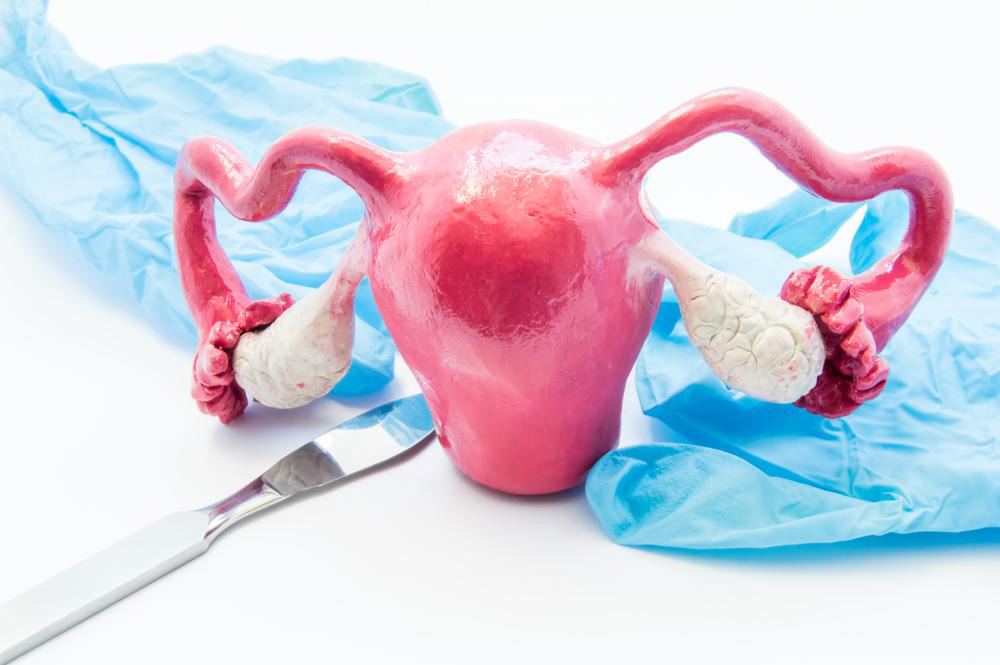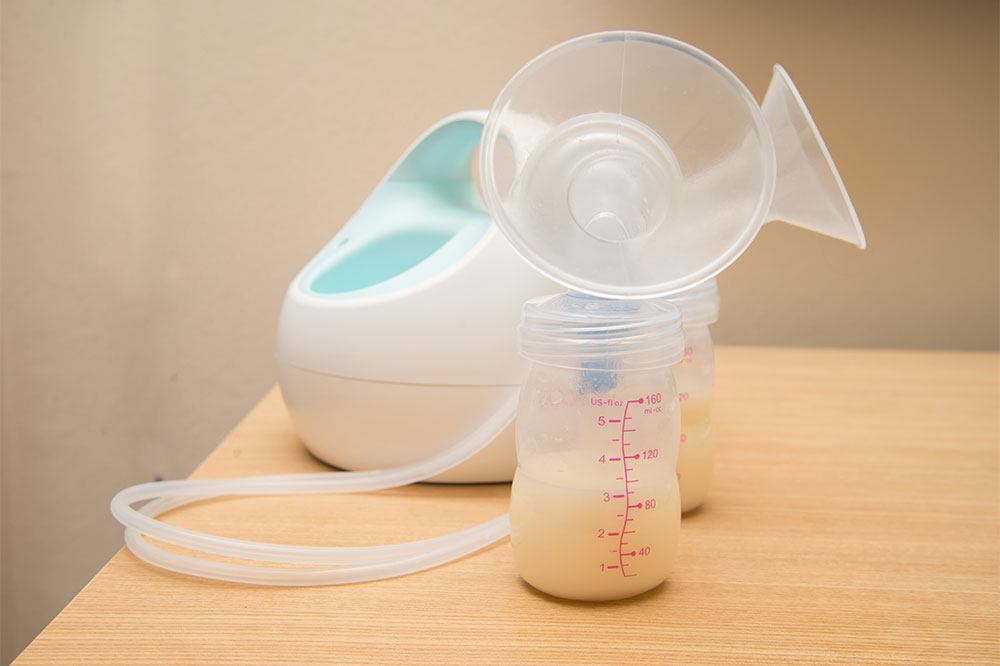Understanding Key Factors That Increase the Risks in Pregnancy
This detailed article discusses common risk factors associated with high-risk pregnancies, such as ectopic pregnancy, chronic conditions, advanced maternal age, gestational diabetes, and placenta previa. It emphasizes the importance of early detection, medical management, and lifestyle changes to reduce risks. By understanding these factors, expectant mothers and healthcare providers can work together to ensure safer pregnancies, minimizing complications and promoting healthier births.

Pregnancy is a complex process that requires careful monitoring and management to ensure the health and well-being of both mother and baby. While many pregnancies proceed without complications, certain factors and medical conditions can significantly elevate the risk of adverse outcomes. Recognizing these high-risk factors allows expectant mothers and healthcare providers to implement appropriate precautions and treatment plans, promoting safer pregnancies and healthier deliveries. In this comprehensive guide, we explore the most common factors that contribute to high-risk pregnancies, providing insights into origins, symptoms, and management strategies.
Maintaining optimal health during pregnancy is essential, but various medical conditions and lifestyle factors can interfere with fetal development and complicate pregnancy progression. Understanding these risks not only helps in early identification but also enables timely intervention, reducing potential complications and improving birth outcomes. From age-related risks to specific medical conditions, each factor warrants attention and appropriate medical management.
1. Ectopic Pregnancy: A Critical Emergency
An ectopic pregnancy occurs when fertilization takes place normally, but the fertilized egg implants outside the uterine cavity, most commonly in the fallopian tubes. This abnormal implantation can lead to life-threatening complications if not diagnosed and treated promptly. Symptoms often include sudden and intense abdominal pain, light vaginal bleeding, and sometimes shoulder pain due to internal bleeding. Ectopic pregnancy requires immediate medical intervention, which may involve medication or surgery to prevent rupture and manage bleeding. Early diagnosis is key to preventing severe health risks to the mother and preserving future fertility.
2. Chronic Medical Conditions and Lifestyle Risk Factors
Pre-existing health conditions such as uncontrolled diabetes, kidney disorders, hypertension, and heart diseases significantly impact pregnancy outcomes. These conditions can impair placental function, increase the risk of fetal growth restrictions, and lead to complications like preeclampsia or preterm labor. Women with these health issues require close monitoring and potentially specialized care to manage their conditions effectively during pregnancy. Additionally, lifestyle factors such as smoking, excessive alcohol consumption, and drug abuse can also elevate risks, harming fetal development and increasing complication rates. Adopting a healthy lifestyle and sticking to medical advice is essential for minimizing these risks.
3. Advanced Maternal Age: Increased Risks with Age
Women over 35 face higher pregnancy risks, mainly due to age-related physiological changes. They have a greater likelihood of experiencing high blood pressure, hormonal imbalances, and pregnancy-induced hypertension such as preeclampsia. These conditions can threaten both maternal and fetal health if not properly managed. Additionally, advanced maternal age correlates with a higher likelihood of genetic anomalies, chromosomal abnormalities, and complications during delivery. Women planning pregnancy at an older age should undergo thorough medical evaluations beforehand, and healthcare providers should offer personalized care plans to mitigate potential risks near menopause or in the later stages of pregnancy.
4. Gestational Diabetes: Managing Blood Sugar During Pregnancy
Gestational diabetes is a form of diabetes that occurs specifically during pregnancy, affecting approximately 2-10% of expectant mothers. It results from hormonal changes that impair insulin effectiveness, leading to elevated blood sugar levels. Uncontrolled gestational diabetes can cause complications such as excessive fetal growth, birth injuries, and increased risk of caesarean delivery. Moreover, babies born to mothers with gestational diabetes may develop neonatal hypoglycemia or become overweight, increasing their risk of developing type 2 diabetes later in life. Proper screening, dietary management, physical activity, and, if necessary, medication are vital to controlling blood sugar levels and ensuring a healthy pregnancy outcome.
5. Placenta Previa: Risks of Placental Positioning
Placenta previa occurs when the placenta implants low in the uterus, covering or near the cervical opening. This condition can cause painless bleeding in the second or third trimester, posing risks for both mother and baby. Heavy bleeding may necessitate early delivery, most often via cesarean section, to prevent maternal hemorrhage and fetal distress. The condition requires careful monitoring throughout pregnancy, with treatment plans tailored to the severity and gestational age. In some cases, bed rest and activity restrictions are recommended, and cesarean delivery is planned to ensure safety.
Understanding these factors can significantly influence pregnancy management and outcomes. Obstetricians and expectant mothers should work closely together, leveraging medical expertise to navigate high-risk conditions efficiently. Proper prenatal care, lifestyle modifications, and timely medical interventions form the cornerstone of minimizing risks associated with high-risk pregnancies.
Ultimately, awareness and proactive healthcare are instrumental in promoting safe pregnancies, reducing complications, and ensuring the best possible outcomes for mothers and their babies.





